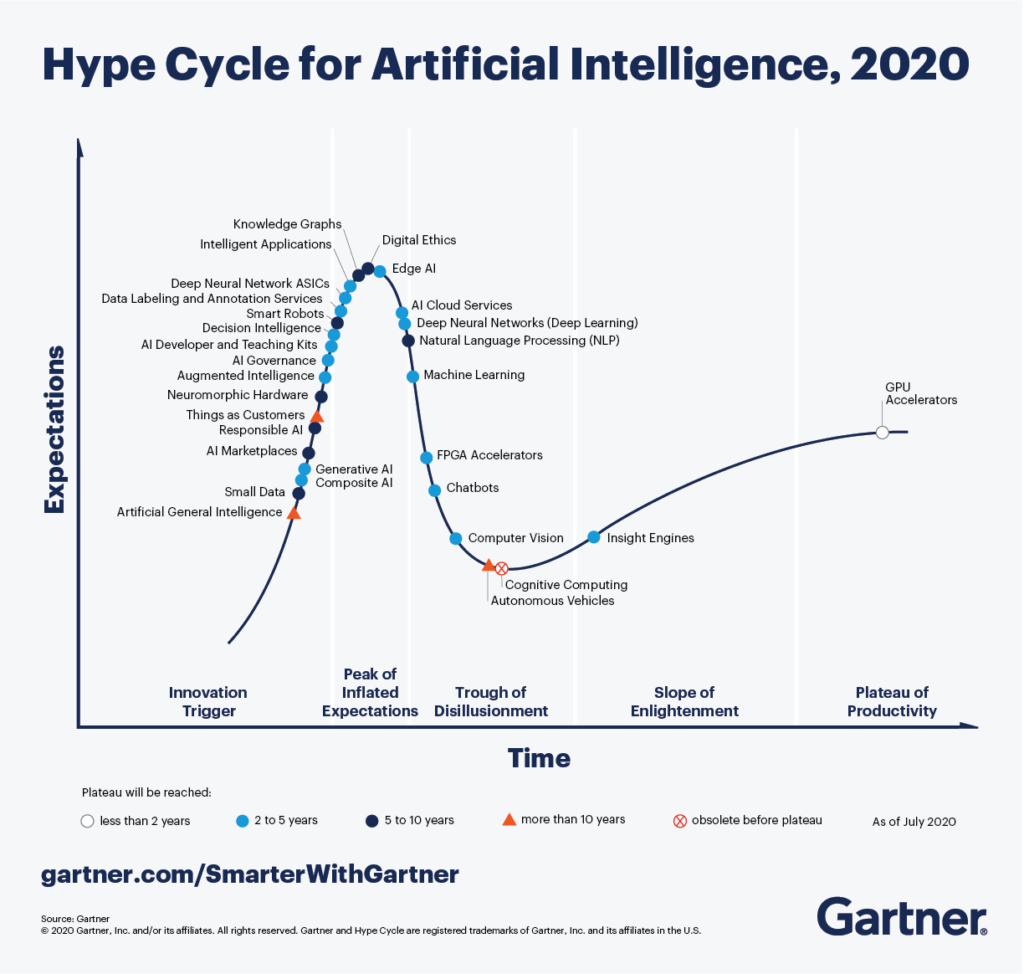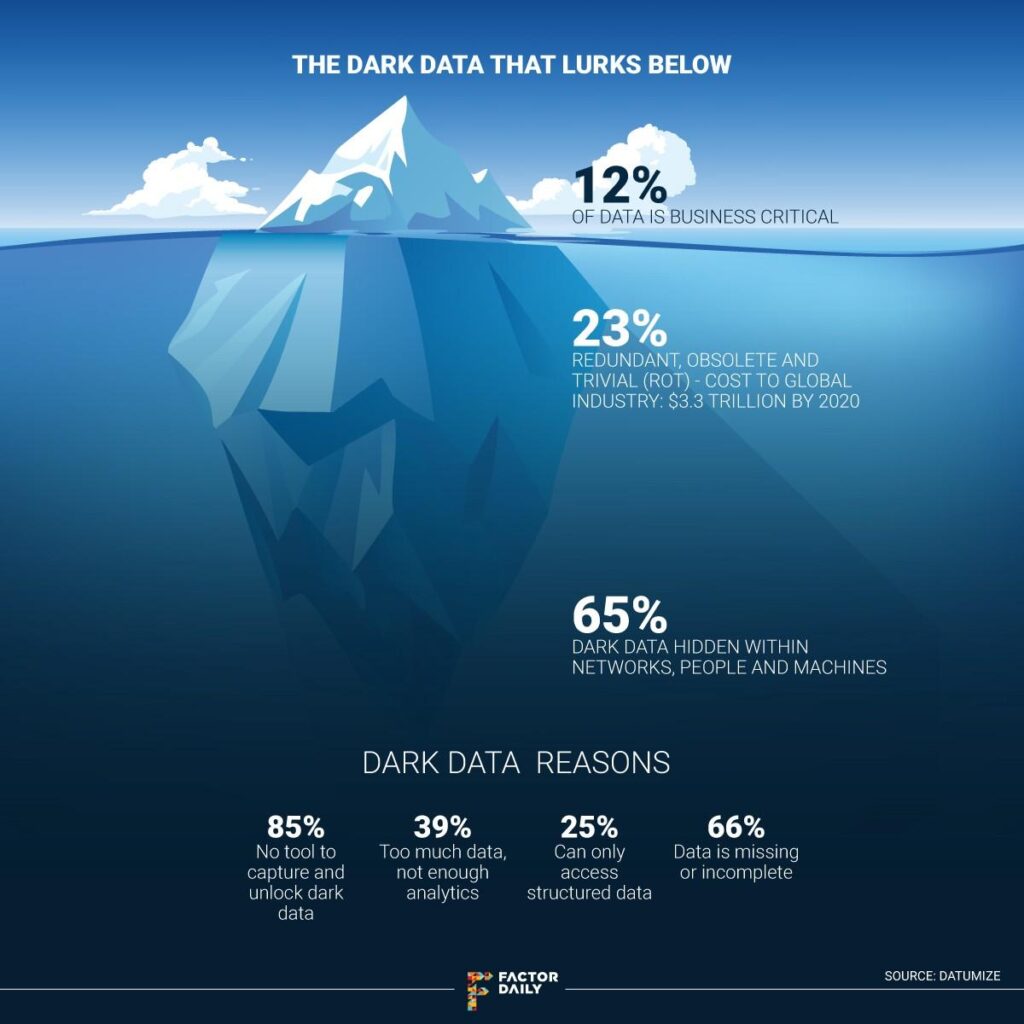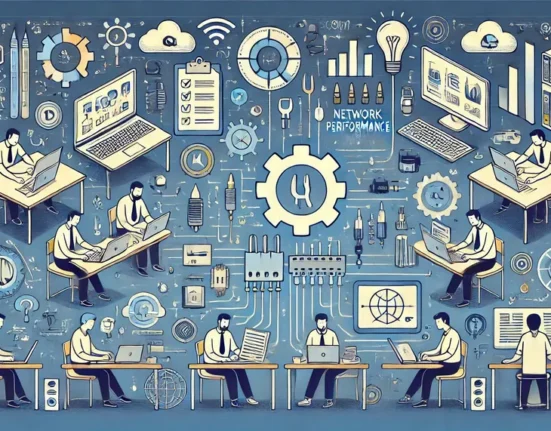It’s not hard to explain why many people are convinced that 2024 is going to be the year of AI. The last decade has seen companies like Google, Amazon, and Microsoft pour millions of dollars into artificial intelligence research. Broadly speaking, there are five major trends that AI experts believe will come true in the next three years.
Many believe Siri and Alexa will become more widespread and available on many different devices. Voice recognition devices will get better, and more road transport will be operated by self-driving vehicles. Legal disputes may be solved by computers, and Humanoid robots may become more commonplace in homes and offices, all thanks to AI’s capabilities.

It’s worth noting that many of these predictions are ambitious or speculative. For example, people seem to be selling themselves short regarding the next wave of artificial intelligence. Some say that we’ll reach the singularity (or a significant threshold) sometime in the 2030’s. Others claim that AI will become mainstream before then. Of course, there is no way of knowing if these claims are correct – but it’s essential to consider them.
In terms of what we can expect from AI in 2024, there are five key trends to highlight:
1) More IoT devices will have voice recognition software
2) Dark data will become more widely used
3) The technology behind Siri and Alexa will improve significantly
4) More legal disputes may be solved by computers
5) Robots may move into our homes and offices.
Since most people aren’t familiar with the term “IoT,” let’s begin by explaining what it means. The Internet of Things is a term used for devices (like laptops, smartphones, and smart speakers) that can connect to the internet. In other words, you can use these devices to access the web and interact with digital content. It’s worth noting that more than 100 billion IoT devices will be connected online by 2020. These devices can communicate with each other without human assistance – and this will drive more innovation in the field of artificial intelligence.

To understand why this is important, it helps to recognize that artificial intelligence isn’t just a thing reserved for humans or computer programmers. It will be a significant force in the world of IoT – and that’s something that many experts have confirmed. It’s also important to understand what dark data is.
The concept of dark data is related to the fact that smart speakers (like Amazon Echo) are able to listen in on our conversations. They can do this because they’re able to access private information – including digital voice commands. In some cases, they’re also able to access consumer information. For example, they were shown to be able to listen in on other people’s conversations and press buttons based on their health conditions (as revealed by an investigation by Fast Company).
It’s worth noting that we’re only starting to understand the potential for dark data. For example, researchers have developed a method for detecting user activity within dark data-sharing services, enabling them to collect information on individuals in a previously impossible way. Companies like Amazon are already using this technology (and people are concerned about it).
People are concerned because some experts believe that AI could be used to create detailed profiles of individuals. Of course, that seems unlikely to happen overnight – but people should at least be aware of how it could work in the future.
To continue, it’s important to note that dark data isn’t just limited to an individual’s conversations with Alexa. It can include things like GPS data and website history. As a result of this, businesses may have access to more information about consumers than ever before – which will likely make them more efficient. However, some people are concerned about what could happen if this private information got into the wrong hands.
It’s also important to note that we can’t prevent any company from using algorithms or dark data in the future. However, we should at least be aware of how it could impact society – and AI experts are already searching for ways to make it safer. For example, companies can use dark data to target consumers through audio search dependent on AI.
To understand how this relates to 2022, it’s worth noting that more use cases for dark data will emerge in the next three years. In fact, some experts believe that we’ll see a major shift in how society uses AI. According to Gartner, by 2020, “non-human entities (e.g., smart machines, bots and/or virtual characters) will contribute more value to businesses than human employees. Organizations will use these virtual or non-human entities to augment their workforce and increase the speed of decision making.”

It’s important to note that the technology behind Siri and Alexa will improve significantly in 2022. This matters because we can expect more of these devices to be used in our homes, which will likely lead to more work being done by robots. (We’ve already seen an increasing number of robots working in labor conditions.)
In other words, AI may replace human workers – though there are other ways in which it could affect us. It’s worth noting that as more companies begin utilizing AI for things like smart speakers, software bots may be able to complete tasks that humans do well. That’s why some people are concerned about this trend.
You may be wondering if any other AI predictions made by experts will come true. The answer is yes – and it’s worth noting that it could help to improve the lives of consumers in 2022. For example, intelligent machines (like robots) will continue to be used in education. That could change the way we learn about essential concepts and how we teach each other. It’s also possible that machine learning will continue to make it easier for us to locate human resources (like on LinkedIn). This can apply both on an individual and business level.
In fact, some people believe that technology like this will eventually replace specific jobs in certain industries. That sounds scary – but we wouldn’t go as far as to say it’s impossible. It just depends on how quickly the world of work adopts new AI technology.
AI will continue to improve our lives in general. It may not make us more efficient every day, as some believe, but it will be linked to other technologies that drive a lot of innovation. That includes things like biotechnology and robotics. So, people should expect a lot of these improvements to alter society in 2022 – including how you interact with your everyday environment.
One prediction that wasn’t made was the rise of driverless cars. That’s something that could happen in 2022, but it might take a lot longer. Of course, some people believe that the AI technology will deliver significant breakthroughs in areas like healthcare and robotics before 2022 – but we’ll have to wait and see about that.
As computers become smarter and more affordable, more legal disputes will likely be settled through computer programs rather than by human law firms. Andy Clark, a professor of computer science at the University of Edinburgh, sees a future in which he develops a piece of software that writes software that writes other software. For example, Clark’s program could take the verbatim transcript of an oral argument, then convert it into code and output that code into other programs.

In theory, “intelligent” computer programs can draw on millions of previous court cases for guidance and make predictions about whether or not they will be successful in court. In addition, these programs could easily make sense out of thousands upon thousands of pages worth of legal language by using natural language processing algorithms to sort through those documents.
Simply put, robots are taking over the world — and we haven’t even seen anything yet. Already, robots have assisted humans in numerous and diverse ways. What about the time when we have a robot at home helping us or working for us? What will living in a house be like with a sentient miniature humanoid?
According to job search engine Indeed, there is a growing number of jobs that require robots to help people by completing repetitive tasks. In fact, 12% of all U.S. jobs are already completed by robotics, according to the Bureau of Labor Statistics.
It can be hard to grasp how much work is made possible by robots, but remember that this was just ten years ago when artificial intelligence (AI) was not as advanced as it is now. However, artificial intelligence has developed rapidly enough that some say it will take over the world in ten years’ time — and according to statistics from the UN Industrial Development Organization (UNIDO), robots are already displacing workers in some industries.






